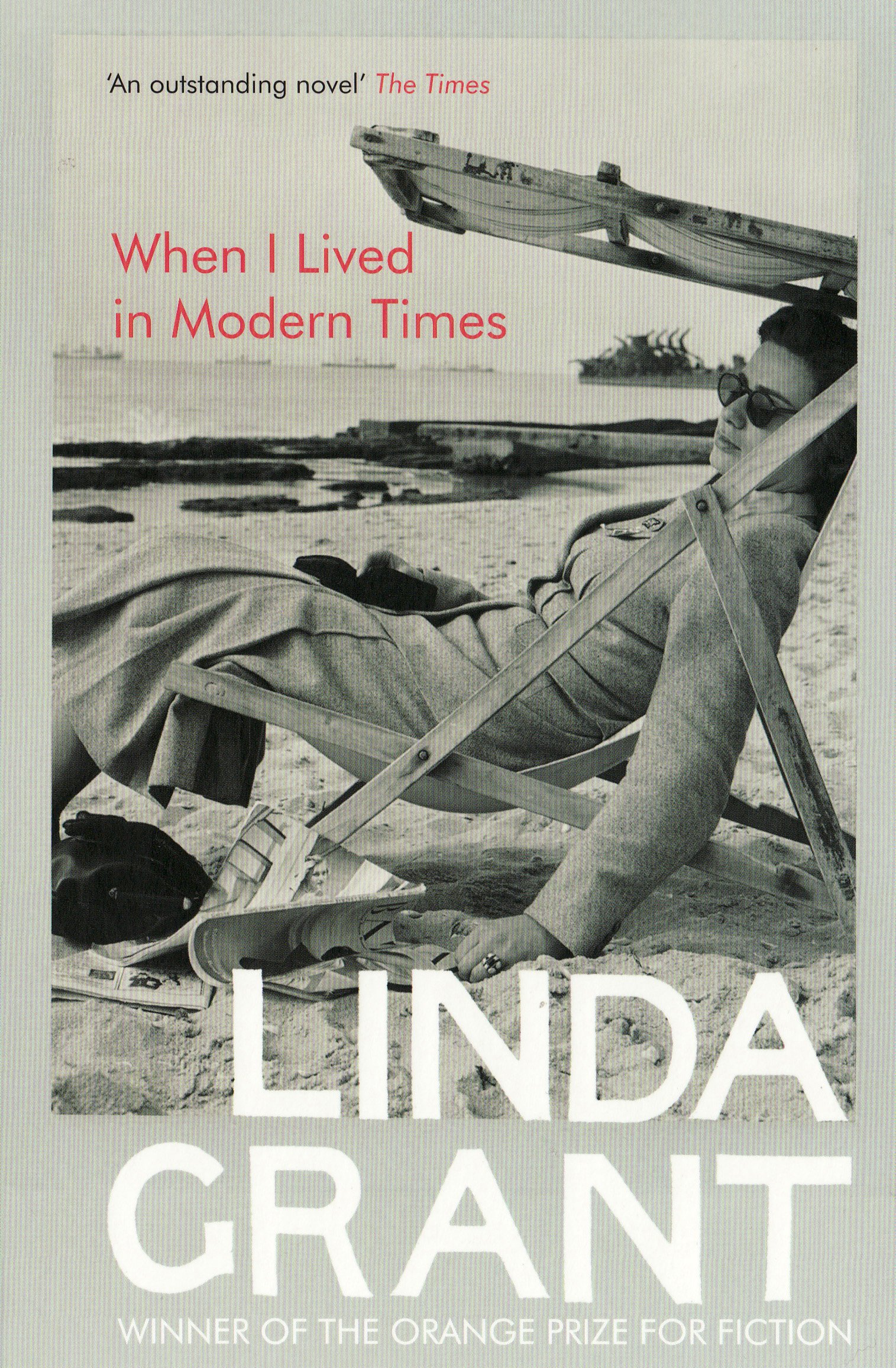About the Book:
It is April 1946. Evelyn Sert, twenty years old, a hairdresser from Soho, sails for Palestine, where Jewish refugees and idealists are gathering from across Europe to start a new life in a brand-new country.
In the glittering, cosmopolitan, Bauhaus city of Tel Aviv, anything seems possible – the new self, new Jew, new woman are all feasible. Evelyn, adept at disguises, reinvents herself as the bleached-blonde Priscilla Jones. Immersed in a world of passionate idealism, she finds love, and with Johnny, her lover, finds herself at the heart of a very dangerous game.
Click Here to Read an Interview by Linda Gee
Availability:
Published by Granta
Paperback | ISBN: 9781847082619 | RRP: £7.99
Where to buy this title:
Amazon.co.uk | Book Depository | Play.com | Waterstone’s | WHSmith
Reviews
Grant’s portrayal of the social and ethnic melting pot, the kaleidoscopic diver-sity of Jewishness that would become the new Israel, is particularly strong. While the novel is packed with a wealth of factual information, her examina-tion of the implications, human and ethical, of such a radical experiment in social engineering emerges organically through character and storyline, potently conveying the exhilarating but unpredictable atmosphere of a time when, as Evelyn puts it: “History was not theme park. It was where you lived … Written with uncluttered economy, rich in quietly astute observation and underpinned by a rigorously searching investigation of its themes, this is a novel that both stimulates the mind and satisfies the heart.’
– Sue Wilson, Scotland on Sunday
‘With this, her fourth book, Linda Grant become a serious player, cutting and styling her material with journalistic flair and immediacy but none of journalism’s quick fixes … This is a meaty, witty novel, built up of talk and argument as much as action, about identity, alienation, and how to accommodate the past while creating a future. A strength of the novel is that although it is wholly about being Jewish, the concerns can be read as universal.’
– Victoria Glendinning, Literary Review
‘Grant has a lyrical story-telling gift. And she always tells the whole story. Grant tells the story of a nation, but her characters are not ciphers for a mes-sage. She has done that difficult second thing written a second novel as good as her excellent first.’
– Dma Rabinovitch, The Independent
‘Powerfully told, Linda Grant, a journalist for the Guardian, knows how to create an impact, to evoke a response, to recount history in the making through the eyes of its witnesses. As thousands of people are once again displaced in Europe because of war and persecution it makes a timely and deep impression.’
– Kate Chisholm, The Spectator
‘Thoroughly to be recommended. A rewardingly intelligent and sincere piece of writing.’
– Allan Massie, The Scotsman
‘The subject is powerfully handled but what makes the book so memorable are the wonderful descriptions of Soho and Tel Aviv, the grey English streets and glaring Mediterranean light, not to mention the strange arcana of Forties hair-dressing. Grant also vividly captures the moral conflicts of a woman who “belongs heart and soul to Zion” and yet knows that “the British were the only people who did not seem like foreigners to me, although they were the colonial, the oppressive power” … Full of sharp humour, complex ironies and an acute eye for cultural clashes, this is a superb coming-of-age novel, as convincing in its picture of a particular historical moment as in its echoes with the fate of Sixties idealism and Utopian feminism.’
– Matthew Reisz, Independent on Sunday
‘This is a skillful combination of the personal and the political. Grant creates strong images and characters with memorable voices that resonate throughout this intelligently and beautifully written novel.’
– Good Book Guide
‘When I Lived in Modern Times is an outstanding novel about the tension that can arise between personal and political aspirations. Evelyn Sert is an unre-markable young woman with extremely confused political beliefs. In 1946 there is an unstable, but powerful, relation between her youth and her opti-mism. Her Zionism is expressed as a belief in the importance of the future and the insignificance of the past. You could call her Modernist, or just very young. With great skill Grant consistently avoids condescending to her heroine, and reaches a dramatic and memorable climax.’
– Ruth Scurr, The Times
‘The novel is bursting with ideas: about idealism, the shattering if dreams and the struggle to belong. Grant has important things to say about an important period of history.’
– Ruth Gorb, The Guardian
‘This is a beautifully written, passionate novel, and a deeply felt song of praise for Tel Aviv.’
– Elena Lappin, The Sunday Times

